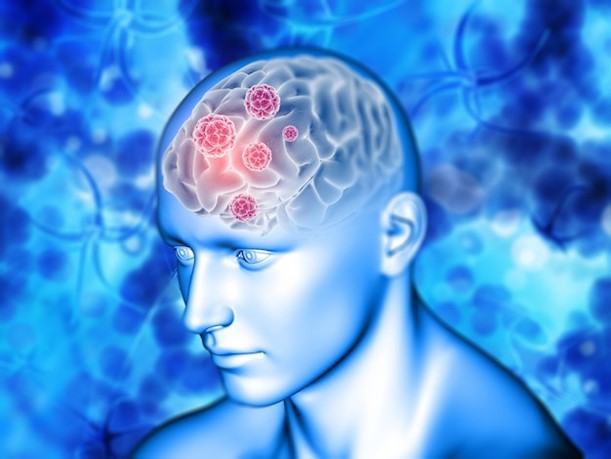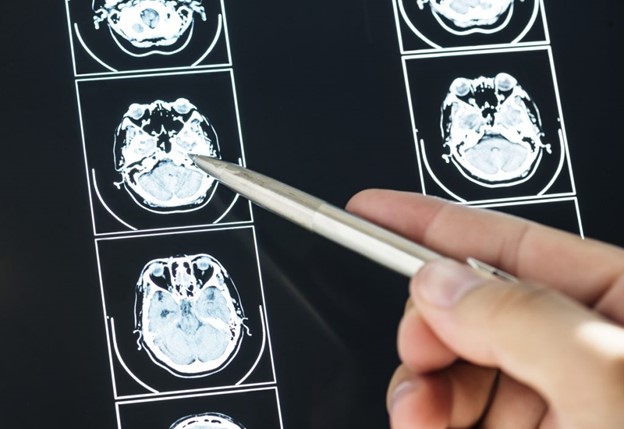In the wake of an accident, amidst the flurry of emotions and concerns, one often overlooks the potential signs of a silent threat, a brain injury. Beyond the visible wounds, these injuries can manifest in subtle yet alarming symptoms. From persistent headaches to disruptions in vision or speech, the indicators are varied and sometimes cryptic. However, recognizing them is not just crucial for health but also for legal implications. Understanding these symptoms can be pivotal in post-accident legal proceedings, ensuring proper compensation and care for those affected. It’s a matter of both well-being and justice.
Loss of Consciousness
One of the most alarming signs of a brain injury is a loss of consciousness following an accident. While loss of consciousness can vary in duration from a few seconds to several minutes, it should never be taken lightly. Even a brief loss of consciousness can indicate significant trauma to the brain, such as a concussion or a more severe injury. If you or someone you know experiences a loss of consciousness after an accident, seeking immediate medical attention is imperative. Hiring a brain injury attorney and seeking compensation for your losses is also important.
Persistent Headaches
Persistent or worsening headaches in the aftermath of an accident can also be indicative of a brain injury. These headaches can be minor to severe and might come with accompanying symptoms like light and sound sensitivity, nausea, and dizziness. Even though headaches are frequently experienced after trauma, they should not be disregarded, particularly if they continue or get worse over time. Finding the underlying cause of the headaches and facilitating the proper treatment can be accomplished by seeking medical assessment and diagnosis. Speaking with a brain injury lawyer, you may ensure that your legal rights are upheld and that you get paid fairly for your losses and injuries.
Confusion and Disorientation
Confusion and disorientation are hallmark symptoms of a brain injury, especially in the immediate aftermath of an accident. Individuals may experience difficulty concentrating, remembering the details of the accident, or understanding their surroundings. They may also exhibit changes in behavior or personality, such as irritability, agitation, or mood swings. Recognizing these signs of cognitive impairment is crucial for seeking prompt medical attention and initiating appropriate interventions to prevent further damage to the brain. If you or a loved one has disorientation or confusion following an accident, you must consult with a legal expert to learn about your legal rights and choices.
Memory Loss
Memory loss, both short term and long term, can occur as a result of a brain injury sustained in an accident. Individuals may have difficulty recalling events leading up to or following the accident and gaps in their memory of the accident. Memory loss can significantly impact daily functioning and quality of life, requiring comprehensive evaluation and management by medical professionals. Hiring a legal expert can assist you in pursuing compensation for the inflicted physical, psychological, and financial hardships if memory loss is linked to brain damage brought on by the carelessness of another person.

Changes in Sensation or Motor Function
Changes in sensation or motor function, such as numbness, tingling, weakness, or coordination problems, can also indicate a brain injury. These symptoms may affect one or more limbs and may be accompanied by difficulty in walking, balancing, or performing routine tasks. Recognizing these signs of neurological impairment is crucial for initiating appropriate medical treatment and rehabilitation to optimize recovery. Consulting with a legal expert can help ensure that you receive the necessary support and resources to cope with the long-term effects of the injury and pursue compensation for your losses.
Conclusion
In the intricate aftermath of a car accident, understanding the signs of a brain injury becomes paramount. These symptoms, though subtle, hold immense significance, not just for personal wellbeing but also for legal recourse. By recognizing and addressing them promptly, individuals can safeguard their rights, ensuring appropriate compensation and support for recovery. In the legal arena, awareness of these symptoms strengthens one’s case, highlighting the full extent of the impact and the need for comprehensive care. Prioritizing both physical and legal considerations is vital in navigating the aftermath of an accident involving a potential brain injury and forging a path toward healing and justice.
Did you find this helpful? Check out our other helpful articles on our website.
Read Also
- The Future of Men’s Health: Why Telehealth Is Here to StayTelehealth isn’t just a pandemic trend that faded into the background. For Australian men, it has become one of the most practical, time-saving, and stress-free ways to manage everyday health — and it’s shaping the future of how we access care. Platforms like DOCTO, an Australian online doctor and specialist telehealth service, are leading the… Read more: The Future of Men’s Health: Why Telehealth Is Here to Stay
- How to Build a Simple, Clean Skincare Routine ?You don’t need a complicated skincare routine. It doesn’t have to be something that requires twenty different products and confusing steps. Your routine works well with just a few high-quality clean ingredients. The beauty industry keeps pushing more products, but your skin actually needs less. You only need a simple approach to get better results… Read more: How to Build a Simple, Clean Skincare Routine ?
- How Preventive Dental Care Supports Overall HealthHave you ever wondered how a simple dental checkup could impact your entire body? Oral health is more than just a bright smile. Studies show that poor dental habits can contribute to serious health problems. Gum disease and tooth decay are linked to heart disease, diabetes, and infections. Yet, many people overlook preventive dental care.… Read more: How Preventive Dental Care Supports Overall Health
- Seeing Clearly in a High-Tech World: A Deep Dive into Advanced Vision Care ServicesProtecting your eyesight isn’t optional—it’s essential. Modern eye care has evolved far beyond basic exams, offering advanced diagnostics, personalized treatments, and surgical innovations that keep vision sharp for life. A leading example is Intermountain Eye Center, home to specialists like Dr Fishburn Boise, where patients receive comprehensive, high-level vision care designed to preserve long-term eye… Read more: Seeing Clearly in a High-Tech World: A Deep Dive into Advanced Vision Care Services
- Why the Keto Diet Works for Some People—and Fails Dramatically for Others: An Ayurvedic Breakdown for Modern HealthcareThe keto diet has dominated weight-loss culture for years. For some people, it produces rapid fat loss, stable energy, and improved mental clarity. For others—especially those who gain weight easily—it leads to burnout, digestive distress, rebound weight gain, high cholesterol, and a metabolism that feels slower than before. Healthcare often frames this as a discipline… Read more: Why the Keto Diet Works for Some People—and Fails Dramatically for Others: An Ayurvedic Breakdown for Modern Healthcare
- How to Choose the Best Assisted Living Facility for SeniorsAre you looking for the right assisted living facility for a senior loved one? Choosing a place can feel overwhelming. There are many factors to consider, from care services to the environment. Safety, comfort, and social opportunities play important roles in daily life. Each senior has unique needs and preferences that must be met. Understanding… Read more: How to Choose the Best Assisted Living Facility for Seniors
- Burn Smart, Not Hard; Shape Burn: Clean Protein for Weight ManagementYou want to feel light, strong, and confident. You don’t want crash diets or fake promises. You need a plan that works with your body, not against it. That’s where Shape Burn comes in. You can burn fat without losing strength. You can eat better and stay full. You can manage weight in a way… Read more: Burn Smart, Not Hard; Shape Burn: Clean Protein for Weight Management
- Creatine Basics: How Much Is 5g, How Much Water You Need, and Whether Pills or Powder Work BetterIf you’ve ever walked into a supplement aisle or scrolled through fitness TikTok, you’ve probably seen people talking about creatine — usually with a shaker bottle in hand and promises of better workouts and faster gains. And honestly? They’re not wrong. Creatine is one of the most researched and effective supplements for muscle strength, recovery,… Read more: Creatine Basics: How Much Is 5g, How Much Water You Need, and Whether Pills or Powder Work Better









